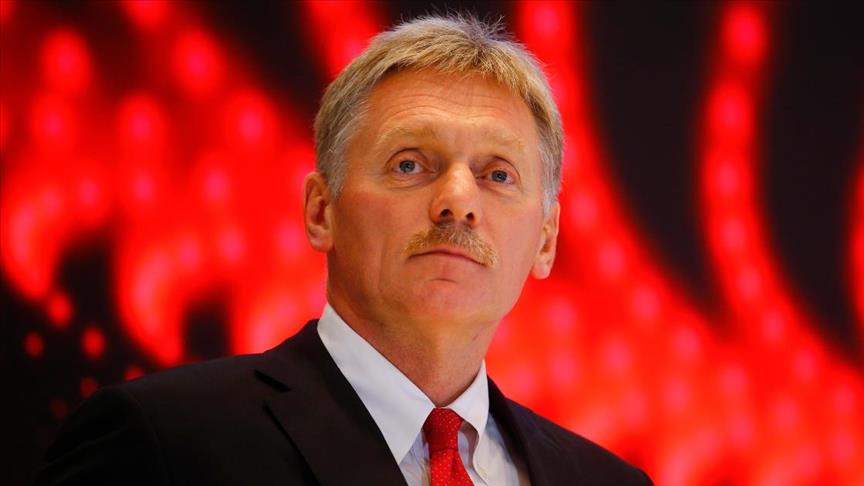Russia's Presidential Spokesman Dmitry Peskov remains positive over Russia's ability to mitigate the effects of falling oil prices on the Russian economy, the spokesman said at a news conference in Moscow on Tuesday.
Russia has all the reserves to mitigate the effect of falling oil prices on the economy, he said.
Peskov told journalists at the news conference that the collapse of West Texas Intermediate (WTI) crude to negative $37.60 is totally related to the front-month contract for May as opposed to current oil price dynamics.
WTI crude oil fell Monday into negative territory for the first time in history. The price of WTI under the futures contract, which expires Tuesday, fell to as low as -$37.63 by plummeting more than -290%, indicating that the massive oversupply against low demand is forcing suppliers to pay buyers to unload their inventory.
Brent crude oil dived below the threshold of $20 per barrel on Tuesday. It fell to as low as $18.02 per barrel, marking its lowest level since February 2002, at 0935 GMT for a 29.27% daily loss after it closed Monday at $25.48 a barrel.
Pescov argued that prices seen on the global oil market are not "extremely negative."
"There is no need to write a catastrophic scenario about the situation. Even though oil prices are not in a positive trend, there is not a price collapse," he said.
Saudi Arabia-led OPEC and Russia-led non-OPEC oil-producing countries, known as OPEC+, may get in contact to discuss their output deal when the need arises, according to Pescov.
OPEC+ oil producing nations agreed on April 12 to cut their total oil production starting from next month -- a decision that came a month late when they previously met in Vienna, Austria on March 6.
The one-month delay to curb output, on top of implementing cuts from May 1 onwards, has left the global oil market with an excess of supply to add to the glut, which in turn has dramatically pushed down crude prices.
Reporting by Emre Gurkan Abay in Moscow
Writing by Ebru Sengul Cevrioglu
Anadolu Agency
energy@aa.com.tr


